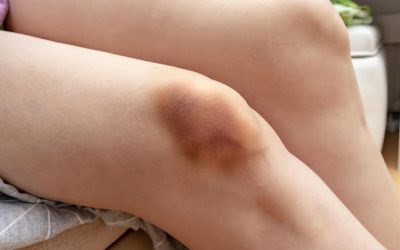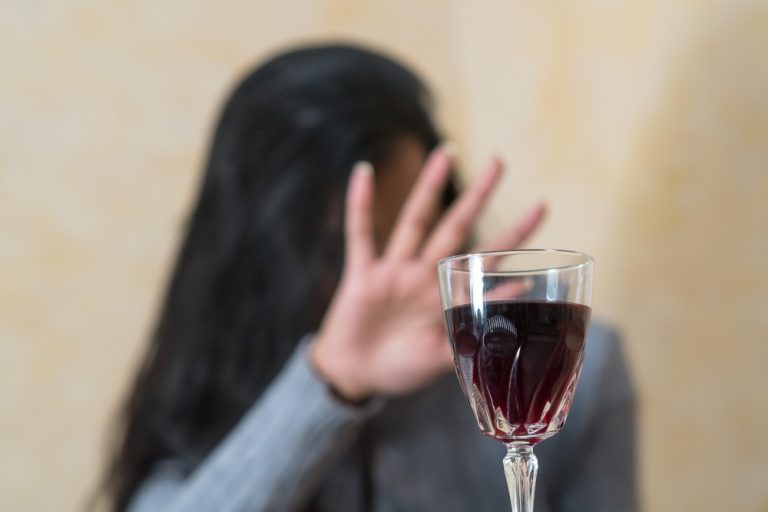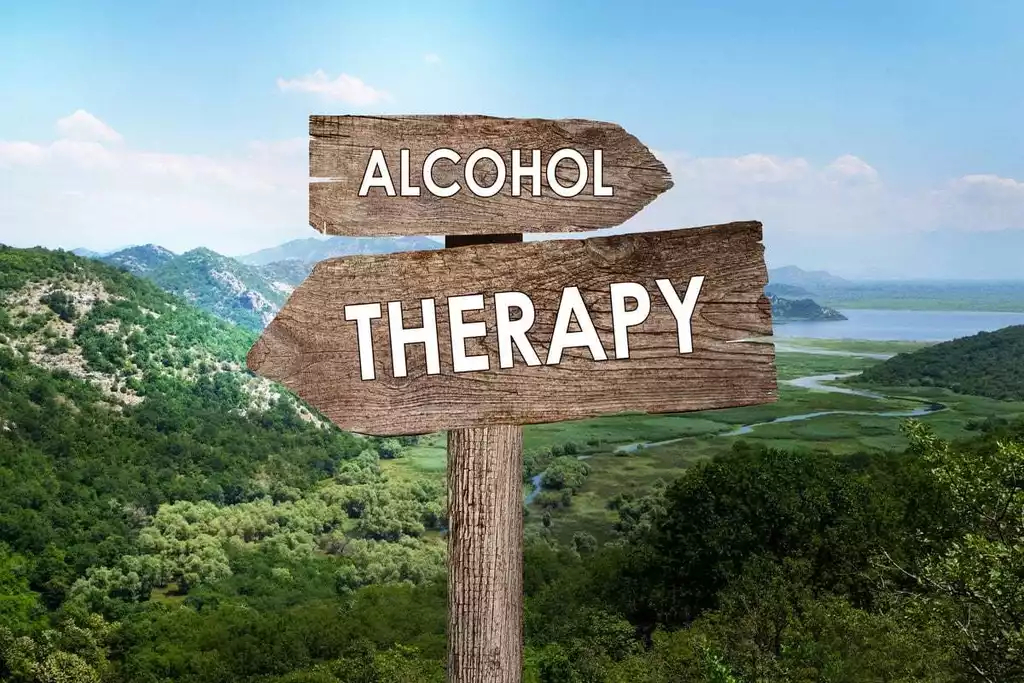Venlafaxine and Alcohol: Risks and Side Effects
Contents
If your doctor allows it, you should discuss how much is a safe amount of alcohol while you take this drug. The prevalence nearly doubled between 1999 and 2012, increasing to 13 percent from 6.9 percent, a study in JAMA found. Antidepressant use increases with age, with more than one in six of those over 60 taking a drug for depression. It’s important to note that some antidepressants — like monoamine oxidase inhibitors — have more dangerous interactions than SSRIs.

The medications can worsen the effects of alcohol, while alcohol can worsen antidepressant side effects. In some cases, alcohol use can trigger or worsen symptoms of depression in at-risk individuals. But is it always dangerous to mix alcohol and antidepressants, and is completely abstaining from alcohol the only option for people on antidepressants?
Alcohol use disorders and hippocampal neurogenesis deterioration
Also, mixing alcohol with antidepressants can make someone incredibly sleepy. People with an untreated sleeping disorder may mix their antidepressants with alcohol to find relief. For people on MAOIs, alcohol can cause dangerous, potentially deadly increases in blood pressure. People on MAOIs should avoid all alcoholic drinks that are likely to cause this reaction. For people on MAOIs, it’s important to discuss with their doctor what foods and drinks are safe to consume while taking the medication. There are several classes of antidepressants and the risks of drinking vary by type.
- Antidepressants also have a warning for raising thoughts of suicide, especially among children and adolescents.
- Drinking alcohol while taking antidepressants because you feel more depressed and anxious could mean you are becoming dependent on alcohol.
- Finally, sometimes the liver cannot process all of the toxins present when alcohol is combined with antidepressants and fatal toxicity can occur.
- You can learn more about how we ensure our content is accurate and current by reading our editorial policy.
- In this sense, animal models of AUD and depression offer the possibility of elucidating potential factors involved in the development of dual disorders .
On their own, alcohol and Cymbalta can each cause liver damage and symptoms of depression. Cymbalta is a brand name for the drug duloxetine, a serotonin-norepinephrine reuptake inhibitor . SNRIs help boost the action of brain messenger chemicals called serotonin and norepinephrine. Good treatment will also give you better, more effective and productive ways to manage depression symptoms. Antidepressants can be useful, but they are not a fix for depression. You still need therapy, healthy coping strategies, a healthy lifestyle, and social support in order to live well with this chronic mental illness.
If you can find a medication that minimizes your symptoms and helps you enjoy life again, that’s great. Don’t assume you can safely drink because your depression is currently under control. There are a lot of risks involved with drinking and taking antidepressants, and they can be life-changing. Aside from worsening depression, drinking alcohol while taking Cymbalta raises the risk of liver damage.
The Dangers of Abusing Alcohol with Antidepressants
People are less likely to experience discomforting side effects when taking SSRIs or SNRIs and drinking alcohol. Although ADs are not among the first-line treatment options in AUD, they are among the additional alternative treatments available, mainly when comorbid conditions are present . In this regard, authors have proposed these 5 things happen to your brain when you quit drinking that AD treatment could ameliorate alcohol consumption , possibly by improving depressive symptoms . Some of the aforementioned studies and meta-analysis evaluated alcohol-related outcomes in AUD depressed patients , showing a modest or no efficacy of AD treatment in alleviating some aspects linked to alcohol consumption.
Two beers or one mixed drink is enough to alter brain levels of serotonin, dopamine, and other neurotransmitters involved in mood, motivation, and inhibition. A lesser neurotransmitter called glutamate is responsible for increasing brain activity levels. Alcohol interferes with glutamate release, causing a drastic slowdown of all brain regions.

Antidepressants help many people manage their symptoms, but they come with risks and side effects. Drinking while on these medications poses a number of problems, from more severe side effects to addiction and even death. If you are having a hard time stopping drinking, seek professional support. More studies need to be performed in order to discover the link between antidepressants and SSRIs. Alcohol tends to modify serotonin activity throughout the brain in regards to both signalling and neurotransmission. Since antidepressants prevents reuptake of serotonin, it may lead to elevated levels of serotonin, which could cause manic symptoms, risky behaviour, and dangerous mood swings.
The following article will explore how alcohol and antidepressants affect people when the two are mixed. Venlafaxine also raises blood pressure in some individuals and can create severe heart-related problems when combined with alcohol l. Epidemiological studies have shown a strong relationship between alcohol use disorders and depression.
Habits for a Healthier Mind!
Drinking alcohol while taking antidepressants is generally not recommended because both of these substances can make you drowsy, less alert, and uncoordinated. However, since many patients are not willing to give up alcohol completely, it is important alcohol consumption and blood pressure to combine alcohol and antidepressants in the safest way possible. Whether you want to discuss side effects of antidepressants or treatment for depression, K Health can help. Did you know you can get affordable primary care with the K Health app?

Serotonin and norepinephrine are neurotransmitters found in the nervous system and brain. These neurotransmitters send messages to your brain cells that help to control your mood. Low levels of these neurotransmitters contribute to feelings of depression and anxiety. Venlafaxine balances the levels of serotonin and norepinephrine to improve your mood . In the same way as in the previous sections, human studies provide indirect indicators of the role of HN, such as the volume and functionality of the hippocampus. Information from clinical studies shows that the course of the AUD would be related to the functionality of the hippocampus and not so much with alterations in its structure.
Tricyclic Antidepressants
Taking antidepressants and drinking alcohol together are strongly discouraged by healthcare professionals. Both work on slowing down the central nervous system causing drowsiness, sedation, and impairment. When taken together however they can create health problems for you, impact your mental health further, cause challenges in your home life with medications for treating alcohol dependence loved ones, and other serious concerns. In the US,13.8 million peoplereceived treatment for depression in 2020. People tend to forget that antidepressants can have dangerous side effects and interactions with alcohol because of how commonly they’re used. Read on to find out how drinking can make depression symptoms more severe and harder to treat.
What is the best antidepressant for alcoholics?
Paroxetine is the antidepressant for which the most scientific evidence was found for dual anxiety treatment (68–70). Three clinical trials (69–71) found that paroxetine was effective in social anxiety patients with alcohol dependency.
Increased side effects or intensified impairment can cause fatal health problems or alcohol poisoning. Monoamine oxidase inhibitors, or MAOIs, are antidepressants not commonly used. They potentially cause severe side effects and may even trigger deadly interactions with certain foods and other drugs. You are not likely to be prescribed an MAOI unless other antidepressants and treatments have not worked for you and your doctor believes the benefits outweigh the risks. Dr. Friedman added that an older type of antidepressants known as monoamine oxidase inhibitors, or MAOIs, could be particularly dangerous when combined with alcohol.
Gabapentin Side Effects You Should Know About
There are two main reasons it’s not a good idea to mix alcohol and venlafaxine. Further, long-term heavy alcohol use while taking an antidepressant such as Cymbalta can make your antidepressant less effective. Alcohol can be a threat to your liver, especially if you drink too much. If you drink too much alcohol over a long period of time, your liver can become damaged. It can have serious effects on your body, especially when mixed with other substances such as alcohol. Alcohol only makes depression worse, so your risk of having suicidal thoughts or engaging in suicidal behaviors increases.
Can someone drink everyday and not be an alcoholic?
‘While there are a number of variables, typically having a drink every night does not necessarily equate to alcohol use disorder, but it can increase the risk of developing alcohol-related health problems,’ Lawrence Weinstein, MD, Chief Medical Officer at American Addiction Centers tells WebMD Connect to Care.
SSRIs induced alcoholism is likely to be relatively common but reported as being rare. This is due to under diagnosis and treatment due to assumptions of those who are considered depressed having an increased risk of developing an addiction to alcohol as a form of a coping mechanism. The combination of alcohol and antidepressants can be very challenging if someone is drinking, binge drinking, heavy drinking, or has an alcohol use disorder prior to taking the antidepressants.
Meta-analysis and reviews that integrate results of clinical studies in which patients with AUD and depression were treated with ADs show drug-dependent and inconclusive results. Some findings showed that SSRIs adequately treat depressive symptomatology in individuals with AUD and depression , while others showed that SSRIs were not more effective than placebo in treating comorbid patients . In relation, it has also been seen that SSRIs would not show greater effects than TCAs .
Inpatient rehab centers give people access to trained, qualified therapists and a support network. If you are struggling with depression and alcohol abuse, please reach out to an addiction counselor today. If someone is mixing alcohol with antidepressants to get “high,” or experiencing other adverse consequences from combining the two substances, they will need help from a qualified alcohol abuse counselor. When someone engages in risky behavior despite the consequences, it is a sign of an addiction problem. Drinking can prevent antidepressant medications from working correctly.
Download K to check your symptoms, explore conditions and treatments, and if needed text with a doctor in minutes. K Health’s AI-powered app is HIPAA compliant and based on 20 years of clinical data. One study found that for people with co-occurring depression and alcohol dependence, the risk of developing adverse effects from antidepressants is minimal, especially with SSRIs. SSRIs increase serotonin levels in the brain by blocking the reuptake of serotonin by brain cell receptors. Serotonin is a neurotransmitter that controls mood, motivation sleep, appetite, and libido.

